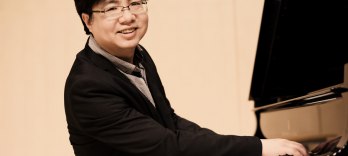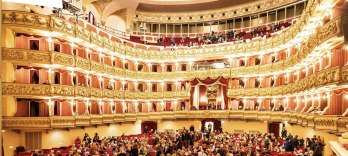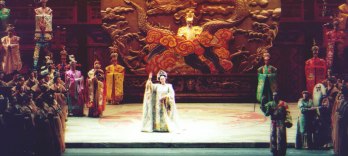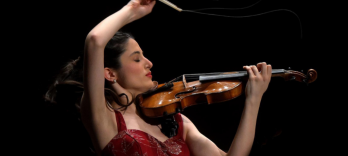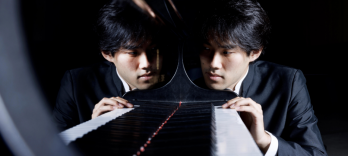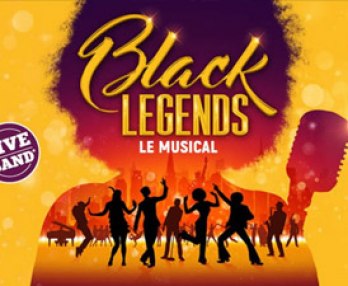Opera Festivals in Europe. Official Programme and Tickets.
What's on
LXXXIII Festival of the Maggio Musicale Fiorentino
Opera Festivals - Teatro del Maggio - Florence State Opera Italy
Sa 20 Apr 2024, 20:00 - Sa 20 Apr 2024, 20:00
Sa 20 Apr 2024, 20:00 - Sa 20 Apr 2024, 20:00
Teatro Filarmonico
Opera Festivals - Teatro Filarmonico
Sa 20 Apr 2024, 17:00 - Sa 30 Nov 2024, 17:00
Sa 20 Apr 2024, 17:00 - Sa 30 Nov 2024, 17:00
LXXXIII Festival of the Maggio Musicale Fiorentino - Giacomo Puccini
Opera Festivals - Teatro del Maggio - Florence State Opera Italy
Su 21 Apr 2024, 20:00 - Fr 03 May 2024, 20:00
Su 21 Apr 2024, 20:00 - Fr 03 May 2024, 20:00
Bologna Festival
Opera Festivals - Teatro Auditorium Manzoni
Su 21 Apr 2024, 20:30 - Su 21 Apr 2024, 20:30
Su 21 Apr 2024, 20:30 - Su 21 Apr 2024, 20:30
Taormina Festival
Opera Festivals - Teatro Nazarena Taormina
We 24 Apr 2024, 21:15 - Fr 29 Nov 2024, 21:15
We 24 Apr 2024, 21:15 - Fr 29 Nov 2024, 21:15
Bologna Festival
Opera Festivals - Teatro Auditorium Manzoni
Tu 30 Apr 2024, 20:30 - Tu 30 Apr 2024, 20:30
Tu 30 Apr 2024, 20:30 - Tu 30 Apr 2024, 20:30
Bestseller events
Herbst Festival - Esterházy Castle
Opera Festivals -
Esterházy Castle
Latest news
Salzburg Festival 2023 - Booking & Programme for all three festivals for Easter, Whitsun and Summer series. Buy full subscriptions or single tickets. Complete assistance related to your visit in Salzb...

 EN
EN DE
DE IT
IT FR
FR ES
ES RU
RU JP
JP RO
RO
